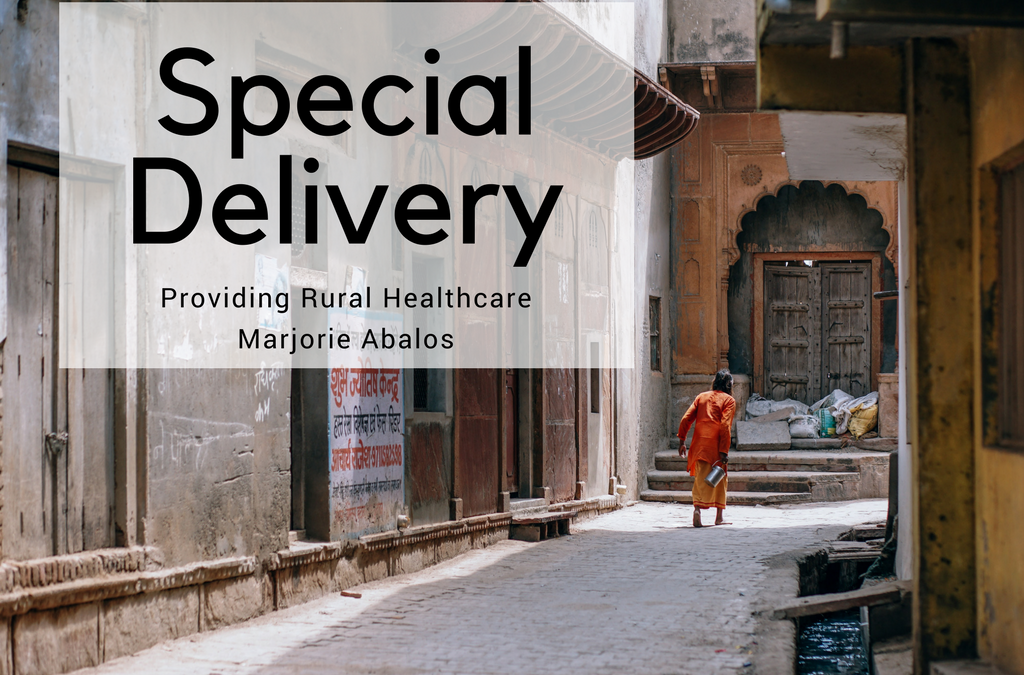In many countries around the world, it’s not just about the availability of healthcare, it’s about the access. Patients that live in remote or rural areas are the most likely to need easy access to medical care as well as the least likely to actually receive it. Traveling long distances can sometimes be problematic for these individuals, particularly if they don’t have a vehicle they can rely on or are too injured or ill to seek out proper care.
In addition, the type of care available is often limited. Many health centers in rural areas have closed due to costs and a lack of support, and specialized services are virtually nonexistent. Because of this, rural patients can fall victim to conditions that have gone undiagnosed for months or maybe years.
This is a particular problem in India, where the government provides free healthcare to its citizens in the form of public hospitals. These facilities do not redress the needs of patients in remote areas, and too often, public hospitals available to these people are lower quality than those in cities. Inadequate coverage often forces Indians to seek out private healthcare when public facilities fall short, but this is not economically feasible for many. These issues are so pronounced that 80% of Indians use private healthcare instead of government services.
To attempt to improve the healthcare situation in their company, Sameer Sawarkar and Rajeev Kumar released ReMeDi. Short for Remote Medical Diagnostics, this system allows for individuals with little training to administer diagnoses to remote patients. A technician can easily enter information about their patient into a medical database, which is reviewed by an offsite doctor to provide input and recommend further action. If necessary, a call can be set up to allow one-on-one conferencing between doctors and patients.
This cloud-based device can be run on a variety of platforms and use information pulled from millions of medical profiles to generate an analysis of symptoms and conditions. Integration with these databases not only allows for more accurate diagnoses, but for the improvement of medical research as well.
Sawarkar and Kumar are not the only ones working to come up with a better diagnostic solution. CliniPAK, Intelehealth, and a whole host of other services also seek to provide isolated patients with the means to better their health. However, Sawarkar is passionate about the potential for ReMeDi to provide a solution that fits the lifestyles of patients. Given the financial difficulties inherent in India’s healthcare system, they’ve worked to make it as affordable as possible, with an initial consultation costing under a dollar. The costs associated with the travel and services would otherwise make getting this information an expensive endeavor.
With the success of ReMeDi in India, Sawarkar and Kumar hope to expand further, keeping the platform as flexible as possible. Currently in use in over a dozen countries, the platform has helped other care providers reach out to their rural patients. Even in the United States, the issue of remote healthcare has given ReMeDi a niche to fill.
Healthcare isn’t just about cost, it’s about delivery. Around the world, care providers are realizing that their ability to get healthcare to those who need it is important for saving lives and building trust, and some individuals have stepped in to use technology to address this need.

